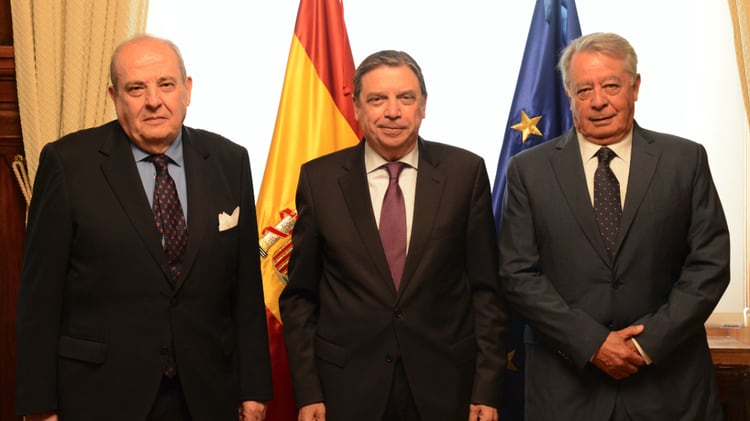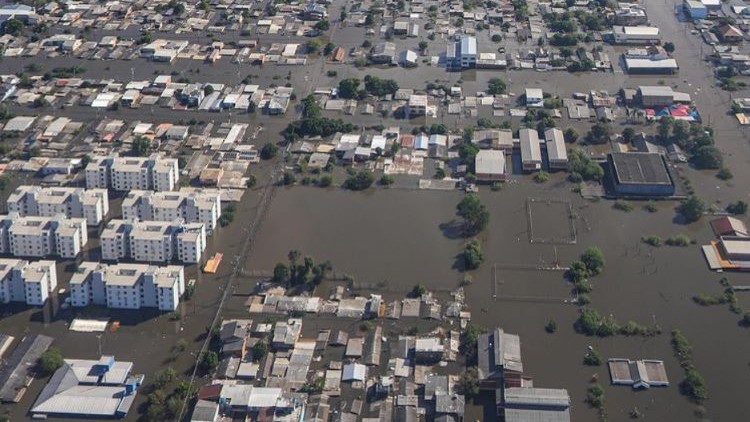The Diplomat
The Minister of Agriculture, Fisheries and Food, Luis Planas, presented on Monday, at the headquarters of his department, the book “Al limit of the impossible. Fisheries negotiations in Africa (1979-1981) and in Brussels (1986-1995)”, authored by the Spanish diplomat Javier Elorza, who was at the center of the efforts to defend the Spanish fishing grounds at that time.
Planas pointed out that he has known Elorza personally for years and they have shared work destinations such as Brussels or Morocco, and added that he has always carried out his work with “great technical knowledge and passion.”
In its 17 chapters, the book narrates the process of how Spain faced the management, maintenance and defense of its fishing grounds in the 80s and 90s.
After describing the book as “magnificent”, Luis Planas said that it is an “interesting, exciting and representative of recent history” text, because it allows us to compare yesterday and today and confirm that Spain continues as a fishing power that has known how to adapt to the changes. In this sense, he explained that the work makes it possible to “remember where we come from and it is up to the government and the sector to work towards where we are going.”
Francisco Javier Elorza has been permanent representative of Spain before the European Union and the Food and Agriculture Organization of the United Nations (FAO), as well as ambassador to France, Russia, India and Italy. Before assuming these positions he was deputy director general of Economics and Fisheries Planning in the undersecretariat of the Merchant Navy and Fisheries.
In the book, Elorza analyzes the negotiations of Spain’s fishing agreements with Morocco, Mauritania, Namibia, Madagascar and Seychelles, among others, from a historical perspective, analyzing the before and after of Spain’s entry into the then Economic Community. European in 1986.
At the book presentation event, Minister Planas also paid tribute to the diplomats who guarantee a “perfect symbiosis” between foreign relations and the work carried out by the Ministry of Agriculture, Fisheries and Food and ensure that the “binomial” continues. permanent profitability and sustainability” in the fishing field.
In his speech, Planas highlighted the key role of international fishing agreements in guaranteeing food security, as well as their importance in generating employment and contributing to the economic diversification of coastal areas. Currently, Spain has a powerful network of bilateral agreements that the European Commission negotiates with third countries.
The minister valued fishing, because it is a “fundamental economic activity that provides high-quality protein and a low carbon footprint.” Likewise, he stressed the commitment of the sector and the Government to fight against illegal, unreported and unregulated fishing, of which Spain is an example, “one of the fundamental elements of the activity of this ministry.”







